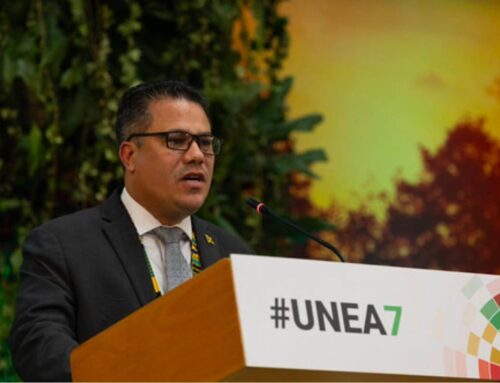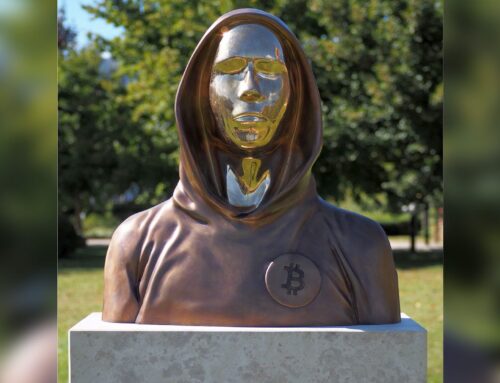Amazon, Google, Meta, Microsoft, Apple and other tech giants ‘travel advisory’ to Indian H
April 2, 2025
Indian tech workers, who make up the largest group ofH-1B visa holdersin the United States, are facing growing uncertainty under the new Trump administration’s immigration policies. Major technology companies are now advising employees on visas to avoid leaving the country or any other international travel over concerns they may not be allowed to return, according to a recent Washington Post report.
The H-1B program, which approves approximately 65,000 visas annually through a lottery system, has become essential to America’s technology sector. Indians receive the highest number of these approvals, followed by Chinese and Canadian nationals. Major employers include Amazon, Google, Meta, Microsoft, and Apple.
H-1B workers’s big ‘Trump fears’
Two H-1B workers interviewed by the Washington Post have canceled their travel plans to India for fear of being denied re-entry to the US. One expressed concern about the administration’s potential changes to birthright citizenship, worried that a future child might be stateless, neither American nor Indian.
“There’s an assumption that everybody who is not a US citizen might be here illegally,” said one H-1B worker through an attorney to the Washington Post.
The uncertainty has created practical challenges as well. Some workers report always carrying documentation while in public, and companies are paying for expedited processing of visa extensions to counteract delays—costs that “add up,” according to one HR representative.
The tech industry relies heavily on foreign talent, especially Indians, withIT outsourcing firmslike Infosys and Cognizant accounting for a large portion of H-1B applications. An HR representative at a Silicon Valley tech firm told the Washington Post that the uncertainty “definitely impacts their performance” as “the threat is looming that some action will be taken against them.”
How Green Card wait just got longer
For Indian tech workers, the path to permanent residency is already exceptionally long. Due to per-country limits on Green Cards, many Indians face decades-long waits despite working at prestigious companies. Even Aravind Srinivas, CEO of AI company Perplexity—recently valued at $9 billion—noted on social media that he has been waiting three years for a green card despite founding a company that employs hundreds.
While President Trump has recently spoken positively about H-1Bs, and several White House tech advisers are immigrants themselves, the administration’s broader immigration stance has created significant anxiety. During Trump’s first term, denial rates for skilled visas spiked to 15 percent, and immigration attorneys are warning clients that similar increases may occur again.
Search
RECENT PRESS RELEASES
Related Post




